Best movies & TV Shows like Comment Yukong déplaça les montagnes
A unique, carefully handpicked, selection of the best movies like Comment Yukong déplaça les montagnes . If you liked Comment Yukong déplaça les montagnes then you may also like: 1900, Nadia and the Hippos, Night Crossing, Round Eyes In The Middle Kingdom, The Lovely Month of May and many more popular movies featured on this list. You can further filter the list even more or get a random selection from the list of similar movies, to make your selection even easier.
You may filter the list of movies on this page for a more refined, personalized selection of movies.
Still not sure what to watch click the recommend buttun below to get a movie recommendation selected from all the movies on this list
Nadia and the Hippos
Single mother Nadia is surviving on welfare while transport strikes are paralyzing France in December 1995. While watching the news, she recognizes the father of her child among the strikers and decides to go and search for him. But she has nowhere to go. The film, shot almost entirely at night, carries documentary qualities, part of which is due to the appearances of actual railroad workers in several group scenes.
Night Crossing
Two men want to escape from East Germany (under Communist rule) but they will only go if they can take their families with them. Based on a true story.
Round Eyes In The Middle Kingdom
Filmmaker Ronald Levaco, journeys back to China, the nation of his boyhood days, to discover what became of an old friend of his family, Israel Epstein.
The Lovely Month of May
Candid interviews of ordinary people on the meaning of happiness, an often amorphous and inarticulable notion that evokes more basic and fundamentally egalitarian ideals of self-betterment, prosperity, tolerance, economic opportunity, and freedom.
Balzac and the Little Chinese Seamstress
During the Cultural Revolution, two young men are sent to a remote mining village where they fall in love with the local tailor’s beautiful granddaughter and discover a suitcase full of forbidden Western novels.
Blood Alley
A merchant marine captain, rescued from the Chinese Communists by local visitors, is "shanghaied" into transporting the whole village to Hong Kong on an ancient paddle steamer.
Blue Collar
Fed up with mistreatment at the hands of both management and union brass, and coupled with financial hardships on each man's end, three auto assembly line workers hatch a plan to rob a safe at union headquarters.
China Gate
Near the end of the French phase of the Vietnam War, a group of mercenaries are recruited to travel through enemy territory to the Chinese border.
Seven Years in Tibet
Austrian mountaineer, Heinrich Harrer journeys to the Himalayas without his family to head an expedition in 1939. But when World War II breaks out, the arrogant Harrer falls into Allied forces' hands as a prisoner of war. He escapes with a fellow detainee and makes his way to Llaso, Tibet, where he meets the 14-year-old Dalai Lama, whose friendship ultimately transforms his outlook on life.
Xiu Xiu: The Sent-Down Girl
Young teen girl Xiu Xiu is sent away to a remote corner of the Sichuan steppes for manual labor in 1975 (sending young people to there was a part of Cultural Revolution in China). A year later, she agrees to go to even more remote spot with a Tibetan saddle tramp Lao Jin to learn horse herding.
Land and Freedom
David Carr is a British Communist who is unemployed. In 1936, when the Spanish Civil War begins, he decides to fight for the Republican side, a coalition of liberals, communists and anarchists, so he joins the POUM militia and witnesses firsthand the betrayal of the Spanish revolution by Stalin's followers and Moscow's orders.
The Last Emperor
A dramatic history of Puyi, the last of the Emperors of China, from his lofty birth and brief reign in the Forbidden City, the object of worship by half a billion people; through his abdication, his decline and dissolute lifestyle; his exploitation by the invading Japanese, and finally to his obscure existence as just another peasant worker in the People's Republic.
The Missing Picture
Rithy Panh uses clay figures, archival footage, and his narration to recreate the atrocities Cambodia's Khmer Rouge committed between 1975 and 1979.
Peking Express
A group of refugees fleeing Chinese Communist rule via train are beset by a gang of terrifying outlaws.
Soldier of Fortune
An American woman arrives in Hong Kong to unravel the mystery of her missing photographer husband. After getting nowhere with the authorities, she is led by some underground characters to an American soldier of fortune working in the area against the Communists. He promises to help find her husband.
Something in the Air
During the 1970s a student named Gilles gets entangled in contemporary political turmoils although he would rather just be a creative artist. While torn between his solidarity to his friends and his personal ambitions he falls in love with Christine.
Too Early / Too Late
Inspired by a letter by Friedrich Engels and a 1974 account of two militant Marxist writers who had been imprisoned by the Nasser regime, Straub-Huillet filmed this film in France and Egypt during 1980. They reflect on Egypt’s history of peasant struggle and liberation from Western colonization, and link it to class tensions in France shortly before the Revolution of 1789, quoting texts by Engels as well as the pioneering nonfiction film Workers Leaving the Lumière Factory (1895).
Bethune: The Making of a Hero
True story of Norman Bethune, a medical doctor who fought for justice in China during Mao's rise to power.
Last Train Home
A family embarks on an annual tormenting journey along with 200 other million peasant workers to reunite with their distant family, and to revive their love and dignity as China soars as the world's next super power.
Pavilion of Women
With World War 2 looming, a prominent family in China must confront the contrasting ideas of traditionalism, communism and Western thinking, while dealing with the most important ideal of all: love and its meaning in society.
The Young Karl Marx
26 year-old Karl Marx embarks with his wife, Jenny, on the road to exile. In 1844 in Paris, he meets Friedrich Engels, an industrialist’s son, who has been investigating the sordid birth of the British working class. Engels, the dandy, provides the last piece of the puzzle to the young Karl Marx’s new vision of the world. Together, between censorship and the police’s repression, riots and political upheavals, they will lead the labor movement during its development into a modern era.
The Man Who Defied Beijing
A portrait of Chinese writer Liu Xiaobo (1955-2017), a witness of the Tiananmen Square massacre (1989), a dissident, a woodpecker who tirelessly pecked the putrid brain of the Communist regime for decades, demanding democracy loudly and fearlessly. Silenced, arrested, convicted, imprisoned, dead. Nobel Peace Prize winner in 2010, alive forever. These are his last words.
American Reds: The Failed Revolution
The documentary AMERICAN REDS provides a historical overview of 20th century Communism and the growth, decline and contemporary relevance of the Communist Party, USA (CPUSA). Since its founding in 1919, the CPUSA has championed the struggles for democracy, labor rights, women’s equality, and racial justice. During its heyday in the 1930s and 1940s, it attracted millions of Americans to support its causes and almost 100,000 men and women to enlist in its ranks. The film begins with the Party's emergence as a small militant sect in the 1920s and documents its rise to the foremost radical group in the United States during the Great Depression, fighting against racism, sexism and fascism, as well as for the rights of workers to organize. It ends with the decline of the Party during the Cold War under the assaults of the FBI and anti- communist crusades.
Unsilenced
When the Chinese Communist Party launches a brutal crackdown on its citizens, a team of innocent students risk everything to expose the deadly propaganda and fight for freedom.
Wind from the East
A politically oriented film in which images suggestive of a mock western are accompanied by an attack on all cinematic conventions to date and a debate on the nature and possibility of revolutionary cinema.
A Film Like Any Other
An analysis of the social upheaval of May 1968, made in the immediate wake of the workers’ and students’ protests. The picture consists of two parts, each with with identical image tracks, and differing narration.
Apocalypse: Stalin
The rise of Stalin, from his early beginning as a bankrobber to the cold-blooded leader of the Soviet Union.
Faith of the Century: A History of Communism
Communism spread to all of the continents of the word, lasting through four generations and over seven decades. Hundreds of millions of men and women were affected by this political system, one of the most unjust and bloodiest in history. Using newly discovered propaganda films and archival photos, these four episodes explore the mysteries of this totalitarian political machine that lured its share of important followers into the fold. Known as the red church, communism seduced its ardent followers like some earthly religion.
Russia 1985-1999: TraumaZone
What it felt like to live through the collapse of communism and democracy. A series of films by Adam Curtis.
Laogai: Prison Nation - Inside China's Ruling System
After the founding of the People's Republic of China in 1949, Mao Tsetung established a system of labor camps for systematic repression, known as Laogai, an abbreviation for "Reform Through Labor". In such camps, forced labor and physical and mental torture were used to bring about a so-called mental reform, re-education in the spirit of the Chinese Communist Party. Millions of Chinese were affected. Many were executed. In hundreds of camps, the Party took advantage of the prisoners' free labor to build the economy. Self-criticism and denunciation were often the only way to escape martyrdom. Successive waves of purges culminated in the Cultural Revolution, which saw massive human rights abuses, political assassinations, massacres, and exiles in remote parts of the country. Using unreleased archive footage, the documentary tells the story of the invention, development and improvement of China's totalitarian system of surveillance and repression up to the present day, never told before.
A Man is Dead
Brest, 1950. The war ended five years ago and nothing remains of the city. Massive bombings and intense fighting lasting more than a month turned the city, its docks, its arsenal, into ashes. Thousands of workers will build it up again, brick by brick. But with awful work conditions protests quickly arise and a strike begins. Violent confrontations happen during manifestations. Until one man falls. The next day René Vautier lands at Brest clandestinely to make a movie about the movement.
American Factory
In post-industrial Ohio, a Chinese billionaire opens a new factory in the husk of an abandoned General Motors plant, hiring two thousand blue-collar Americans. Early days of hope and optimism give way to setbacks as high-tech China clashes with working-class America.








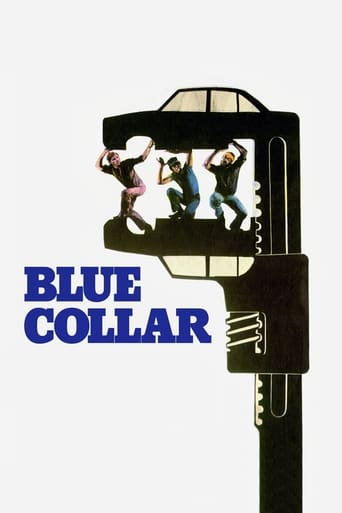


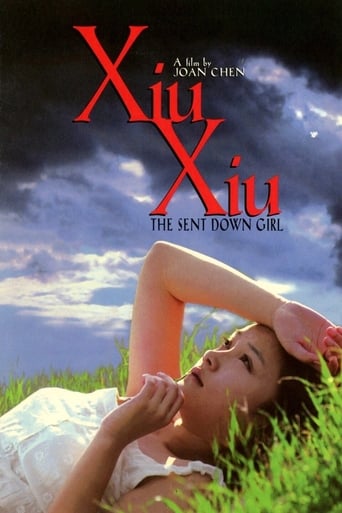

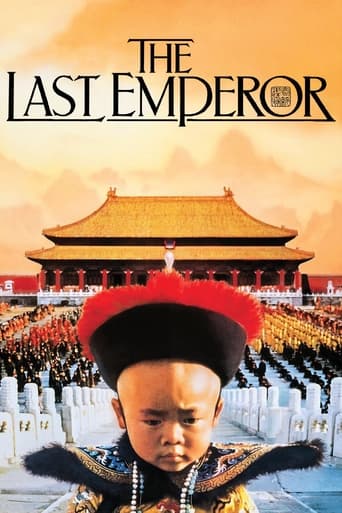




















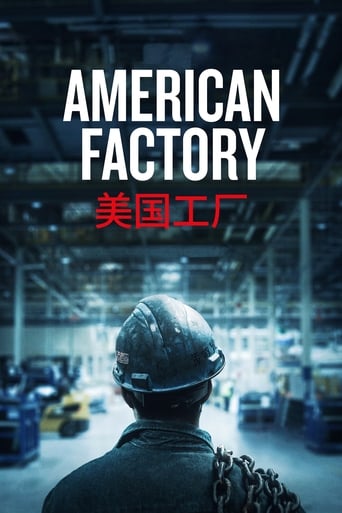
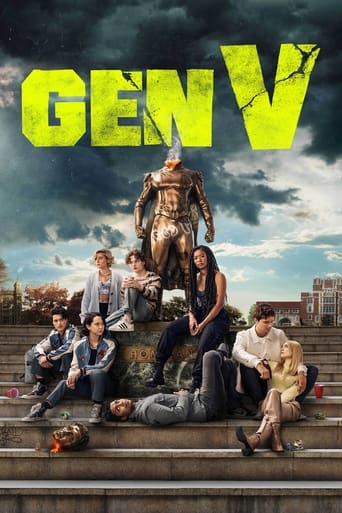

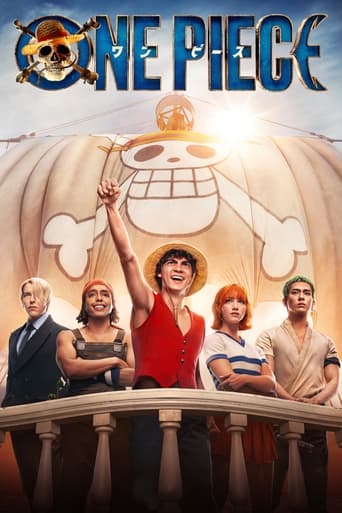
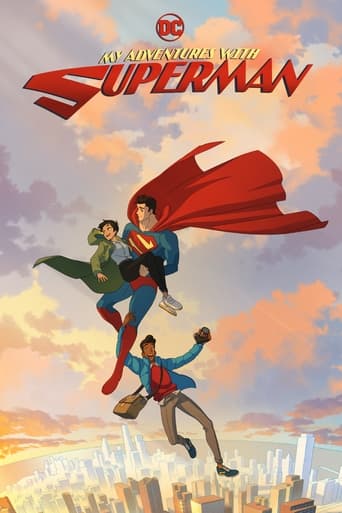
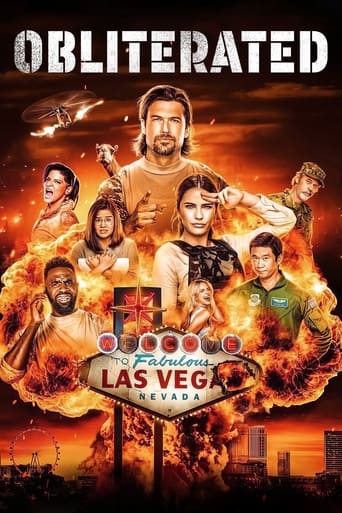
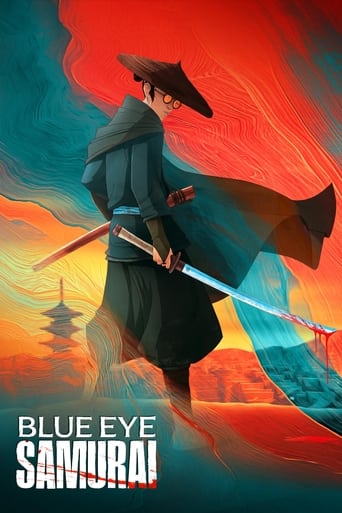
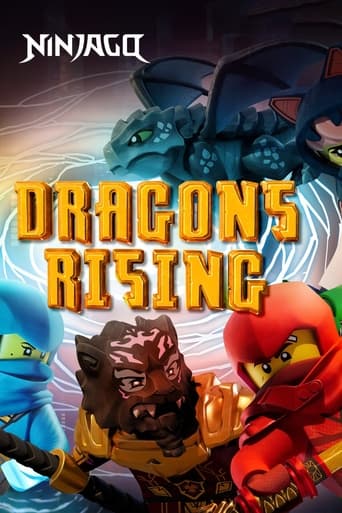
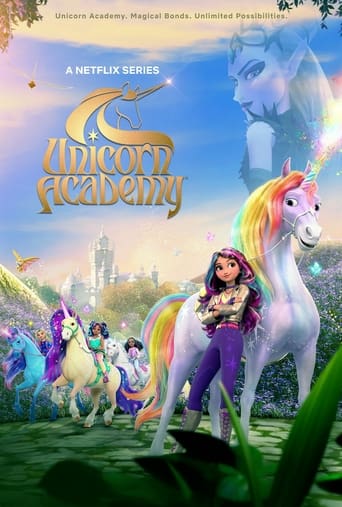
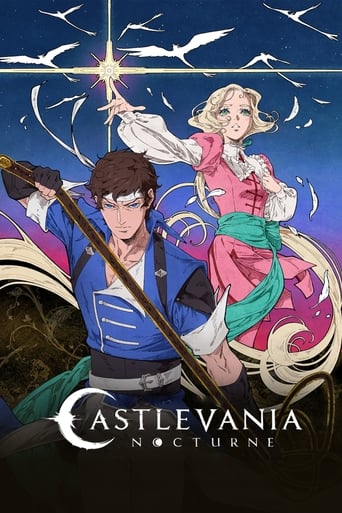


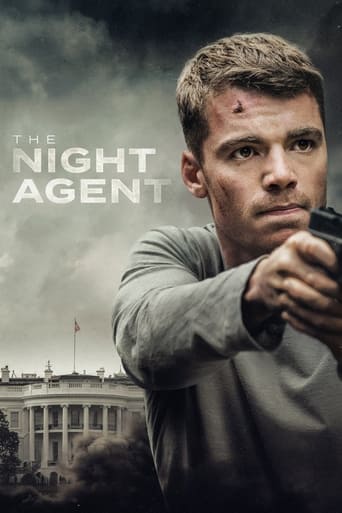
1900
The epic tale of a class struggle in twentieth century Italy, as seen through the eyes of two childhood friends on opposing sides.